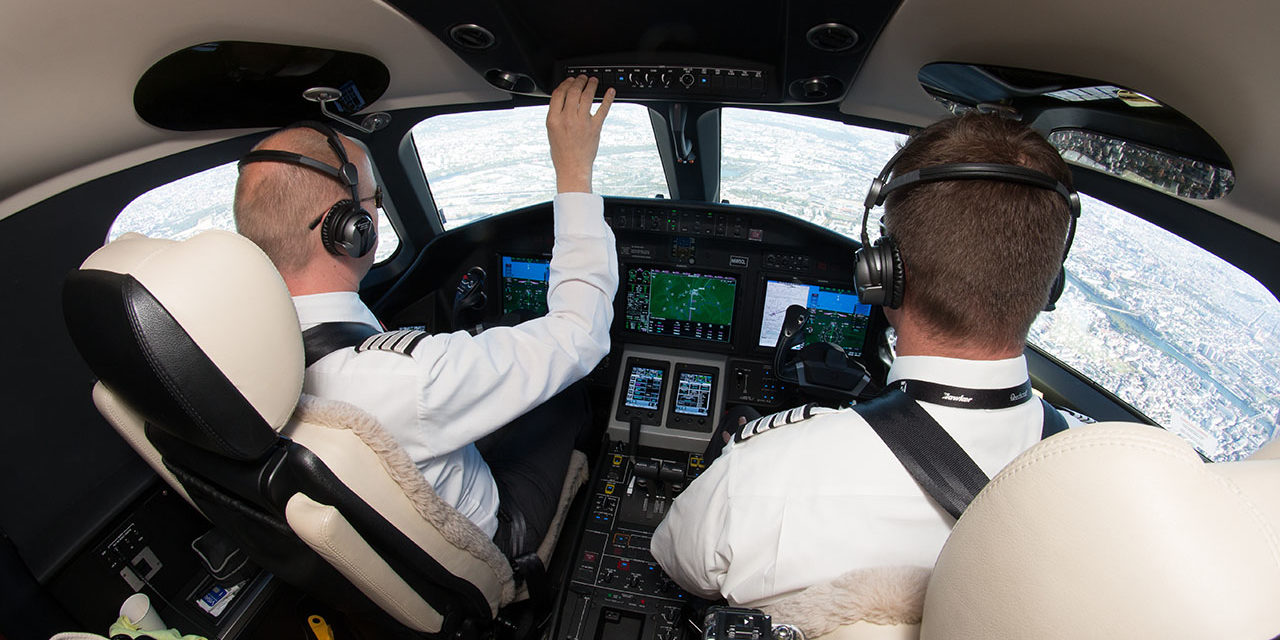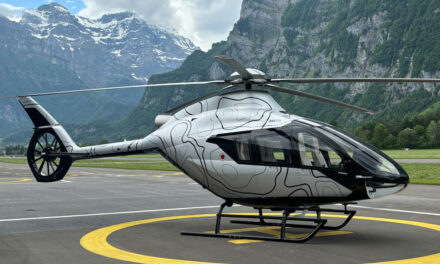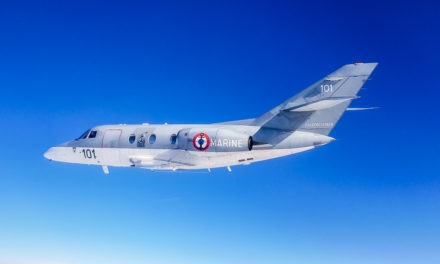The role of a handling company in assisting business aircraft, especially at general airports, is essential to the smooth running of a flight. The quality of the delivery often depends on the overall perception of the travel experience.
In general, the assistance to a business jet consists of three main phases: the welcome of passengers, the follow-up of the aircraft through the relations with the operator and the management of the crew.
While the handling of aircraft and passengers seems to be self-evident because of routine, technical and commercial tasks, well coordinated that it requires, that of the crew is often reduced to a minimum. This poses no particular difficulties for airlines crews (if safety and practicality aspects are taken into account) who remain most often in their cockpits or their companies offices. On the other hand, the welcome of a business aviation crew must be done with a particular attention.
The latter are confronted with waiting times (setting up the aircraft, availability of passengers, etc.) that can be very long.
A handling company worthy of the name and concerned about the quality of its service, whether or not associated with an FBO, knows that it must pay equal attention to the three components that constitute the assistance to a business flight: the plane, the passengers, the crew.
Each proposed service must have the purpose of relieving the crew in the preparation of the next flight, and in the best conditions. Whatever the degree of sophistication offered, each service needs both security and reliability. The key words are the accompaniment and assistance of the crew.
Waiting areas must provide the best luminosity for the work phases and have the necessary computer and logistical equipment to prepare the flights (printing flight and weather files or any other document provided by the operator).
Soundproof and dimly lit lounges will be arranged in such a way that the cohabitation between several crews is not a problem. There will be places of entertainment and restoration. We are here typically in a hotel type service (without going into the constraints of the regulations on dormitory premises, a service that few FBOs offer).
The hygiene of the premises will of course be irreproachable. The imperative need to ensure the integrity of the crew with differentiated menus or, better still, the possibility of full traceability of food products to identify each batch used by the catering company (this is not not the most common solution, but certainly the most secure).
Beyond these material aspects, it is essential that the crews be accompanied by the handling staff in their every little step inherent to their function, whether it is the management of baggage, sometimes bulky, or the need for ground transportation services (taxi or VTC reservations, car rental, vehicle provision, etc.). In all cases, the crews will be put in touch with identified, tested and controlled service providers. This support will be done both in the airport area and outside.
All this requires a proactive policy of partnership with subcontractors. The services will be exactly adapted to the specific needs of the crews.
The example of the hotel booking is revealing. A high quality hotel is essential. However, what good is it to offer the best of hotels if the crew has to check out at a time that is not suited to their needs? Or if this room, poorly located in the hotel is noisy or uncomfortable.
Care must be taken to ensure that the proposed service does not become a nightmare, cultural aspects not being neglected. For example, some countries offer only automatic gearbox vehicles. Under these conditions, providing the crew with a mechanical gearbox can leave him a disastrous memory while the primary intention was to offer greater flexibility in terms of mobility.
Some services may sometimes be managed directly by the operators themselves. However, the added value of the handling company is to guarantee the same quality of service 24 hours a day, 7 days a week. And to be able to compensate locally for the possible failure of a contracted service provider of the operator. Anticipation is the rule.
The question of the rates charged by the handling company to perform these services remains a thorny issue. The challenge is to find the right balance between the expectations of some and the profitability of others.
But this is another subject.








